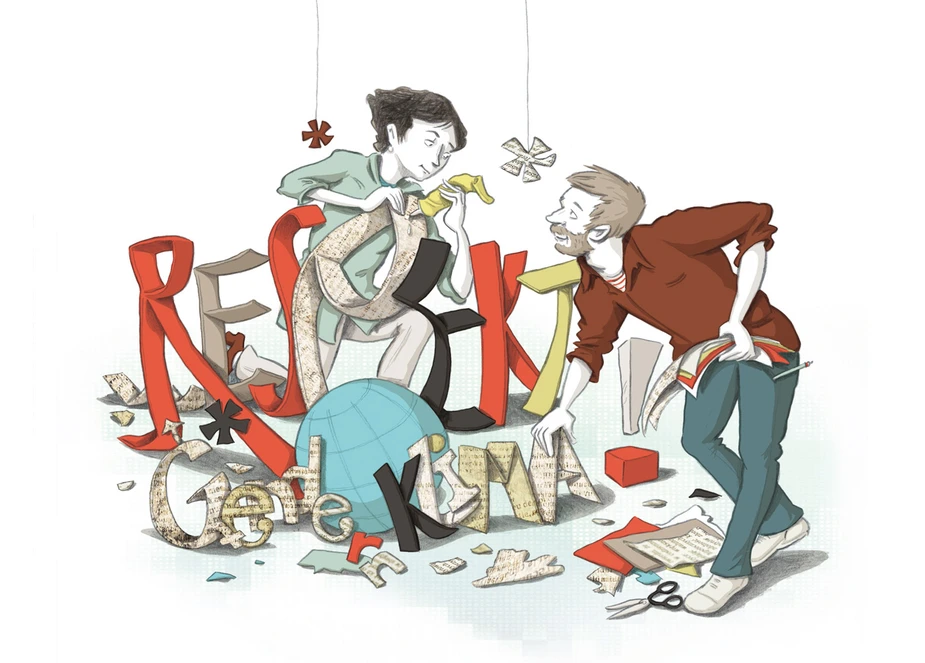The power of the spoken word: Language is a valuable tool
Essay by Paulina Czienskowski, independent journalist from Berlin
Language is our tool – it shapes the life-world of all of us. If we wish to contribute to this, we must be diligent and attentive when using it
There are days when I wish I had a remote control to simply switch off all the negativity in the world. From racism and sexism, to the climate disaster, or autocratic rulers. The list is endless.
Many feel helpless because these things run so deep, because the skeleton our system is built around often feels rigid and unchangeable, because the layers we’d have to scrape away until the world experiences equality and peace are infinite. Where do we begin, where do we stop? Phew!
What I am sure of is that there is no remote control. Closing our eyes, ears and mouths will not solve anything. And it shouldn’t either. Faced with an increasingly complex world and a jumble of information that the internet is thinning out and congesting at the same time, individual responsibility cannot simply be handed away.
Naturally, most of us have absolutely no influence on the type of world that we were born into. What we do have an influence on, however, is the way we consciously shape the reality of it, using a tool that most of us have at our disposal: our language. The key to human existence.
When we verbalise what happens inside us, our inner thoughts, what we observe and feel, when we express grievances and injustices of all kinds, we create understanding for ourselves and our fellow human beings. This also holds true on a smaller scale. When it comes to romantic relationships, talking is gold.
To communicate is to do more than ordering something at the bar. It should mean making things visible to create empathy. If you get to know yourself better, you get to know others better, too. Creating understanding creates understanding – it’s really that easy.
Whether positive or negative, language is powerful. It should be used against people misusing it against minorities. Language enables us to criticise and improve things, for example, people that reproduce racism, and, whether consciously or unconsciously, insult and stigmatise others. It is our duty to go against this. After all, these are not just words.
Words shape our emotions, thoughts, and actions – our collective perception. It shapes the way we come together, which will harden even more if we are not mindful of the way we use language. When we do though, if we listen to other people’s needs and justified claims and our own, it will cause our hearts to soar. Online and offline.
Going against one’s own habits of listening, for example, should also include being gender-inclusive. While this is a relatively small step, it can help to make a mark for a more inclusive society. It shows others: I see and respect you. Of course, changing one’s habits can be exhausting. But it seems to me like energy well spent.
Talking of habits – apparently, they are very human. After all, many of the language codes and formulations are going to remain as certain as it is to stop at a red light. Being flexible in addressing the needs of our fellow humans, on the other hand, should also become as certain.
Time and time again, we have to make an effort to listen closely and adjust; we must be surprised and outraged when people reproduce narratives that do not give a voice to most of us and seek to create a world where only the ‘winners’ of society may live a good life.
Language is a weapon. How beautiful would it be if it didn’t have to be used because someone fired a shot? Because our society creates new codes that exclude only those that exclude others.
